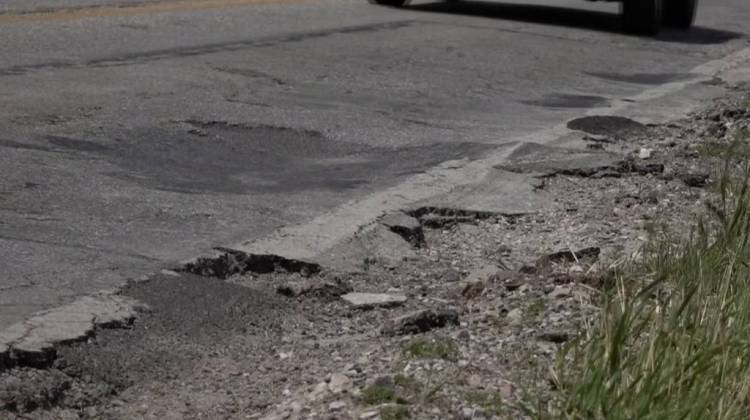The Indiana Supreme Court has handed the developers of a controversial coal-to-gas plant planned for Rockport a decisive victory in a battle over whether a deal to build it complied with state law.
The 5-0 ruling eliminates a significant hurdle for Leucadia National, the plant’s developer, which had all but given up the project after legislative action made it likely it would need a new review.
But the Supreme Court’s decision essentially makes that moot.
“We won a complete and total victory,” said Leucadia projct manager Mark Lubbers. Still, company officials weren’t ready to talk Tuesday about when or if they’ll move forward with the plant.
Instead, Lubbers pointed to an April 30 statement in which the company said that even if it won in the courts, “only a clear reversal of position by the governor would enable the project to go forward.”
The statement came just after Gov. Mike Pence had said he would sign a bill into law that was meant to provide a new review of the project.
On Tuesday, a spokeswoman for Pence did not immediately respond to questions about the project or the court ruling.
The $2.8 billion Indiana Gasification project is the result of a sort of public-private partnership brokered by the company with the administration of former Gov. Mitch Daniels, for whom Lubbers had once been a top adviser.
The state wouldn’t take any ownership in the plant. Instead, under the deal signed by the Indiana Finance Authority, the state would purchase synthetic natural gas produced by the plant for 30 years at a fixed price and then resell it in the marketplace. The state would then pass the savings – or the losses – onto natural gas customers in the state.
Daniels argued that, over time, the cost of the synthetic fuel produced by the plant would be cheaper than natural gas. And meanwhile, the plant would use Indiana coal and provide jobs to Hoosiers.
But opponents – consumer groups and some utilities, including Evansville-based Vectren Energy – argued the state struck the deal before an explosion of shale gas extractions led the price of natural gas to plummet. The opponents say the deal is no longer a good one for Hoosiers.
At issue in the court case, though, was the wording of the state’s contract with Leucadia. The Indiana Utility Regulatory Commission approved the deal in 2011 but the Indiana Court of Appeals reversed that decision the following year, saying the contract included a clause that violated state law.
The Indiana Finance Authority and the Rockport developers agreed to drop that language from the contract, but that raised questions about whether the revised document would need another round of regulatory review.
Then earlier this year, the General Assembly passed a law that required such a review – but only if the Indiana Supreme Court had agreed with the lower court ruling or found the contract invalid.
That seemed so likely that Leucadia pulled the plug on the plant shortly after the legislation passed, despite having invested some $27 million in development. “We have been disappointed by the state’s breaking its commitment to the plant and the project,” Leucadia spokesman Mike Murphy said in April. “They have changed the rules in the middle of the game.”
But on Tuesday, the state’s highest court upheld the authority of the Indiana Finance Authority and Leucaida to resolve what it called a “definitional issue” in the contract. “Thus the issue is moot,” the court said.
That means the law requiring a second look at the contract won’t kick in.
Still, Leucadia’s path to building the plant is not totally open. The Indiana Finance Authority still has one final sign off on the project. And it’s not clear how the Pence administration will approach that decision.
Also, Leucadia needs a loan guarantee from the U.S. Department of Energy to move forward.
The Indiana Supreme Court’s decision came just about three months after it heard oral arguments in the case. The review had been controversial because one of the state’s newest justices – Mark Massa – declined to recuse himself even though he had been Daniels’ general counsel when the Rockport deal was under consideration. Massa is also friends with Lubbers.
 DONATE
DONATE







 Support WFYI. We can't do it without you.
Support WFYI. We can't do it without you.